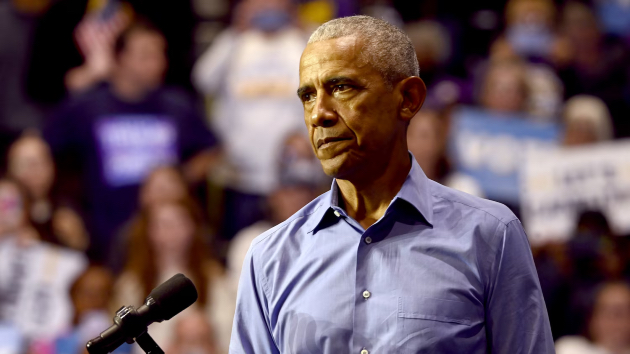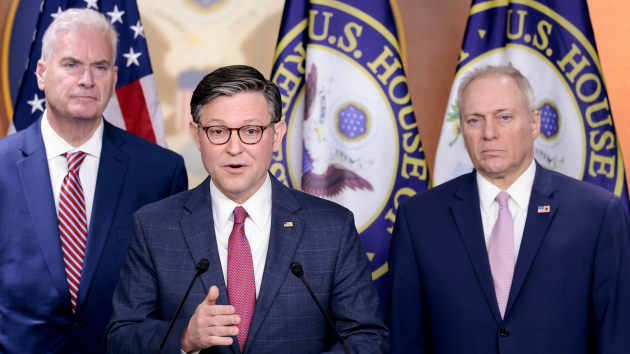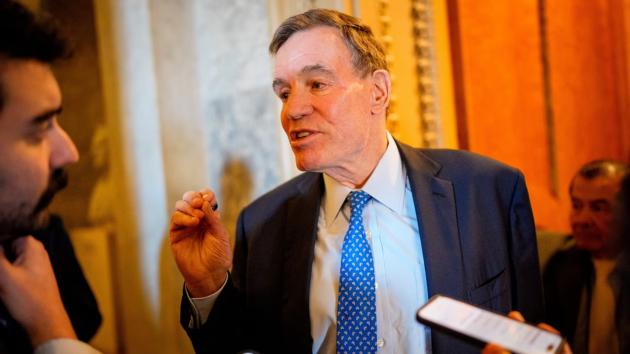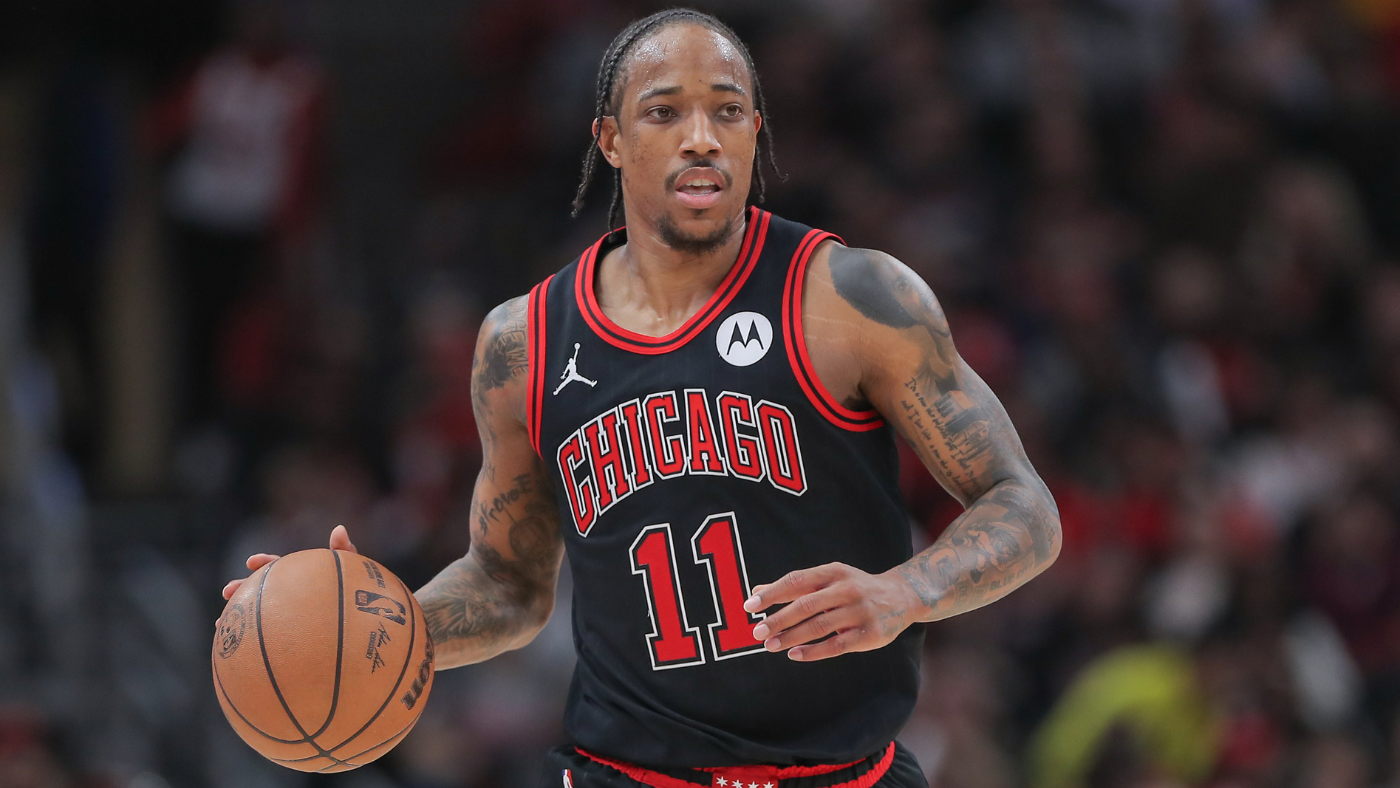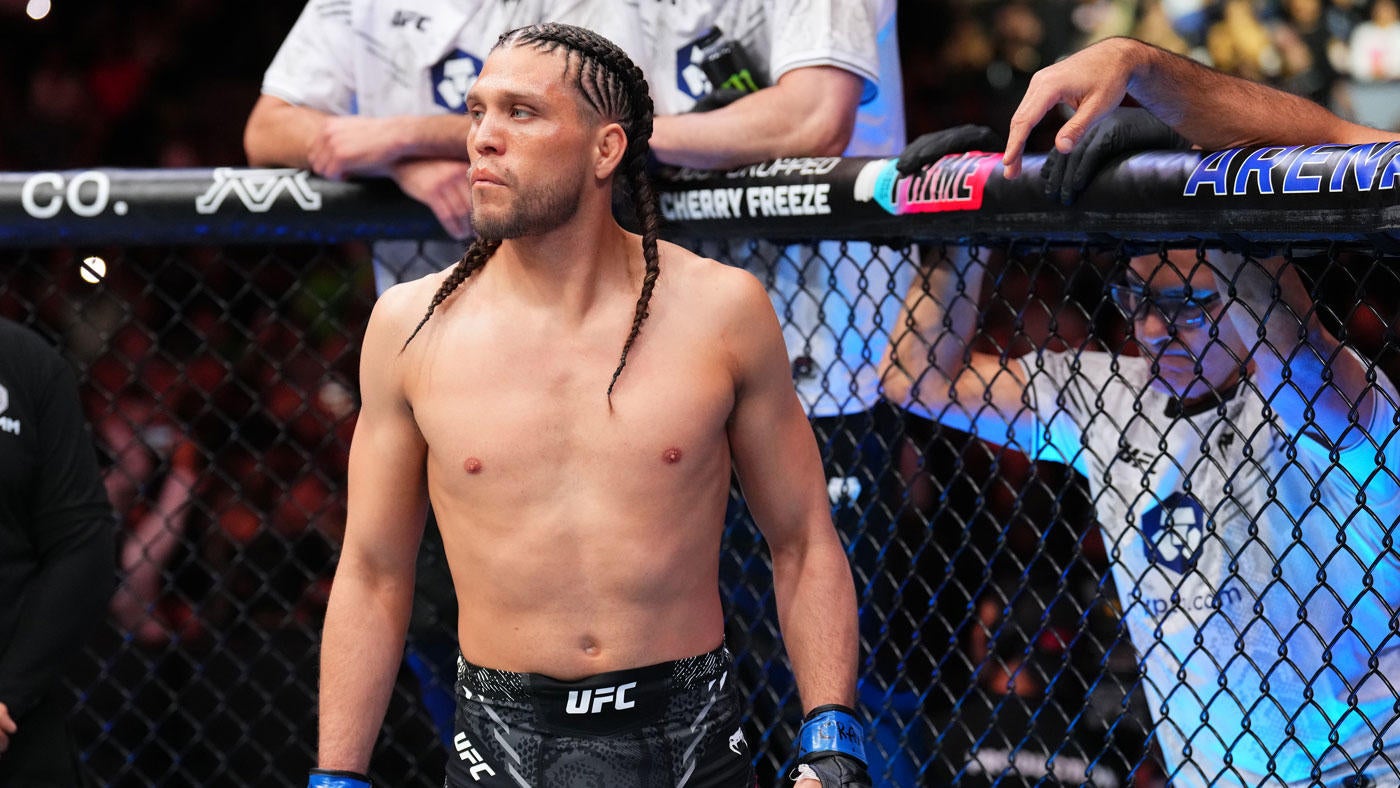Supreme Court poised to deliver major rulings on presidential immunity, abortion access
Written by ABC Audio ALL RIGHTS RESERVED on June 25, 2024
(WASHINGTON) — The Supreme Court, nearing the end of its term, is poised to soon deliver rulings in high-profile cases on everything from presidential power to abortion access.
The justices will release opinions on Wednesday, Thursday and Friday this week. It will mark the first time in at least a decade the justices have done three opinion days in a row.
The timing means key decisions, some with enormous consequences for the 2024 campaign, could be handed down just before President Joe Biden and former President Donald Trump meet on stage in Atlanta for their first debate.
Blockbuster cases still to be resolved include whether Trump is immune from criminal prosecution on charges stemming from his efforts to overturn his 2020 election loss; whether hundreds of Jan. 6 rioters were improperly charged with obstruction; and whether a federal law protecting emergency care overrides a state abortion ban.
Here is a deeper dive into the some of the dozen cases pending before the nation’s high court.
Presidential immunity
In what is likely the most consequential case before the court this term, the justices will decide whether a former president is shielded from criminal liability for “official acts” taken while in the White House.
In Trump v. United States, Trump is seeking to quash the federal election subversion case brought by special counsel Jack Smith by claiming immunity.
Lower courts flatly rejected Trump’s argument, but the justices appeared open to the idea of some level of immunity for former presidents when they heard arguments in April. Their questioning largely focused on what types of official acts would be protected and which would not.
How the justices make that determination will set a new standard for presidential power, and will affect whether Trump stands trial for his unprecedented actions in the aftermath of the 2020 election.
Jan. 6 obstruction charges
A felony obstruction charge used by federal prosecutors against alleged Jan. 6 rioters is being put to the test in Fischer v. United States.
A former Pennsylvania police officer charged for his alleged participation in the U.S. Capitol attack is challenging the government’s use of a 2002 law enacted to prevent the destruction of evidence in financial crimes. The law includes a sweeping provision for any conduct that “otherwise obstructs, influences or impedes an official proceeding.”
The Supreme Court appeared divided on whether the government’s broad interpretation of the law should stand or be narrowed, with conservatives on the bench questioning the lack of prosecutions under the law for matters unrelated to financial or documentary crimes.
The court’s decision could upend hundreds of Jan. 6 cases, including Trump’s. Felony obstruction is one of the four charges the former president is facing in his federal election subversion case.
Idaho abortion ban and emergency care
In Moyle v. United States, the question before the court is whether a federal law requiring emergency rooms to provide stabilizing care to all patients overrides Idaho’s strict abortion ban.
Idaho’s law prohibits nearly all abortions, with exceptions in cases of rape, incest or when the mother’s life is at risk.
The Biden administration argues the law is conflict with the Emergency Medical Treatment and Labor Act, or EMTALA, which requires hospitals receiving Medicare funds to provide “necessary stabilizing treatment.”
The case marks the first time the court is evaluating state-level abortion restrictions passed after the fall of Roe v. Wade. Since the court’s conservative majority struck down Roe, 21 states have successfully enacted restrictions or bans on abortion and 14 of those states have total bans with few exceptions.
Homeless encampment ban
In the most significant case on homelessness in decades, the justices are weighing whether a local ordinance to bar anyone without a permanent residency from sleeping outside amounts to “cruel and unusual” punishment under the Eighth Amendment.
Officials in Grants Pass, Oregon argue the ordinance is necessary to protect public spaces and encourage a growing tide of unhoused residents to seek shelter. A lower court ruled that punishing homeless people with fines and the possibility of jail time for public camping when they have nowhere else to go is unconstitutional.
A majority of Supreme Court justices seemed to favor the city’s arguments when it heard the case in April.
Social media regulation and free speech
The Supreme Court will determine whether state laws restricting how social media companies moderate content violate the First Amendment.
The measures from Florida and Texas seek to place limits on how the private companies can manage user accounts and feeds on their platforms. Both were passed amid conservative concerns that Facebook and X, formerly known as Twitter, were censoring viewpoints on their site based on politics.
In another case, Murthy v. Missouri, the justices will decide if the Biden administration went too far in communicating with social media companies about misinformation on their sites about COVID-19 and the 2020 election.
Republican-led states argued the government’s conduct amounted to illegally coercion, while the administration argued their contact with the companies was aimed at protecting national security and public health.
The justices appeared likely to reject the states’ challenge and side with the Biden administration when it heard arguments in March.
Copyright © 2024, ABC Audio. All rights reserved.

